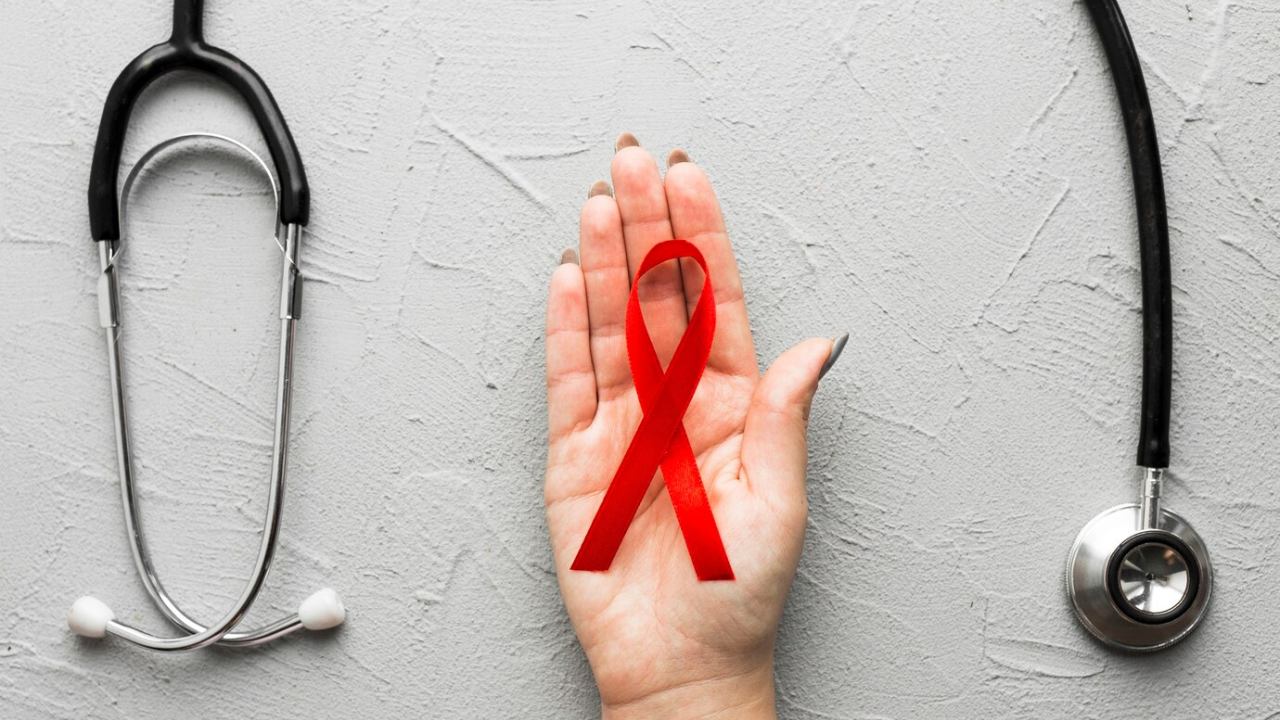How to Live Well with Blood Cancer: Tips and Resources for Patients and Caregivers

A diagnosis of blood cancer can be life-altering for patients and their loved ones. However, advancements in medical treatments and a wealth of support systems mean it’s possible to lead a fulfilling life while managing the condition. Living well with blood cancer involves more than just medical care, it requires a holistic approach that considers physical, emotional, and practical needs.
Blood Cancer and Its Impact
Blood cancer refers to a group of cancers affecting the blood, bone marrow, or lymphatic system, including leukaemia, lymphoma, and myeloma. These conditions disrupt the normal production and function of blood cells, leading to symptoms such as fatigue, infections, easy bruising, or unexplained weight loss.
The emotional and physical toll of blood cancer can be significant, but understanding the disease is the first step toward effective management. Patients and caregivers should educate themselves about the specific type of blood cancer, available treatment options, and potential side effects to make informed decisions. Open communication with healthcare providers is crucial to ensure clarity about the condition and the path ahead.
Treatment Options: Navigating The Journey
Treatment for blood cancer depends on the type, stage, and overall health of the patient. Options may include:
- Chemotherapy
A common treatment that uses drugs to destroy cancer cells or slow their growth.
- Radiation Therapy
Targets and kills cancer cells using high-energy rays.
- Stem Cell Transplants
Replaces damaged bone marrow with healthy cells to restore normal blood production.
- Targeted Therapy
Focuses on specific proteins or genes that contribute to cancer growth.
- Immunotherapy
Boosts the body’s immune system to fight cancer cells.
It’s important for patients to maintain open communication with the healthcare team, asking questions and expressing concerns.
Nutrition: Fuel Your Body for the Fight
A healthy diet is essential for supporting the immune system and maintaining strength during treatment. While specific dietary needs may vary, some general guidelines include:
- Focus on Balanced Meals
Incorporate a variety of fruits, vegetables, whole grains, lean proteins, and healthy fats to provide essential nutrients.
- Stay Hydrated
Drinking plenty of water is vital to combat dehydration caused by treatments.
- Consider Supplements
If recommended by a doctor, take vitamins or supplements to address deficiencies that may arise during treatment.
- Avoid Certain Foods
Reduce intake of processed foods, sugary snacks, and alcohol, which can affect overall health.
Caregivers can support patients by preparing nutrient-rich meals and encouraging them to eat regular, small portions, especially if appetite is affected. Registered dietitians or nutritionists can offer personalised guidance to help manage side effects like nausea or taste changes.
Staying Active: The Role of Exercise
Regular physical activity, tailored to a patient’s energy levels and abilities, can improve physical strength, reduce fatigue, and enhance mental well-being. Simple exercises like walking, stretching, or light yoga can be beneficial. For those undergoing treatment, even a few minutes of movement a day can make a significant difference. Always consult a doctor before starting any exercise routine to ensure it aligns with the patient’s health and treatment plan.
Practical Tips for Caregivers
Caregivers are an essential part of the patient’s support system, providing both practical and emotional care. However, caregiving can be demanding, so it’s important for caregivers to prioritise their own well-being.
1. Stay Organised
Keep track of appointments, medications, and treatment plans using a planner or mobile app. Staying organised can reduce stress and ensure nothing is overlooked.
2. Build a Support Network
Don’t hesitate to reach out to friends, family, or community resources for assistance. Sharing responsibilities can lighten the load and provide much-needed emotional support.
3. Take Breaks
Caregiving can be exhausting, so it’s essential to take breaks to rest and recharge. Whether it’s a short walk, reading a book, or engaging in a hobby, these moments of self-care are crucial.
4. Learn About the Condition
Educating yourself about blood cancer and its treatments can help you understand what your loved one is going through and anticipate their needs better.
Accessing Resources and Support
Numerous organisations and resources are available to assist patients and caregivers in managing blood cancer:
- Cancer Support Groups
Provide a sense of community and shared understanding.
- Counselling Services
Offer mental health support tailored to the challenges of living with blood cancer.
- Financial Aid Programmes
Help with the cost of treatments, medications, and other expenses.
- Educational Resources
Informative brochures, websites, and seminars to keep patients and caregivers informed about the condition and its management.
Embracing a Positive Outlook
While blood cancer presents significant challenges, it’s essential to focus on what is within your control. Staying proactive about treatment, maintaining a healthy lifestyle, and seeking support can empower patients and caregivers to manage the journey effectively. Advances in medical research continue to bring hope, with new treatments improving outcomes and quality of life.
At KKR Hospital in Chennai, patients and caregivers can access expert care, personalised treatment plans, and compassionate support throughout their journey. The hospital’s dedicated team is committed to helping individuals live well with blood cancer, ensuring a brighter and healthier future for every patient.
